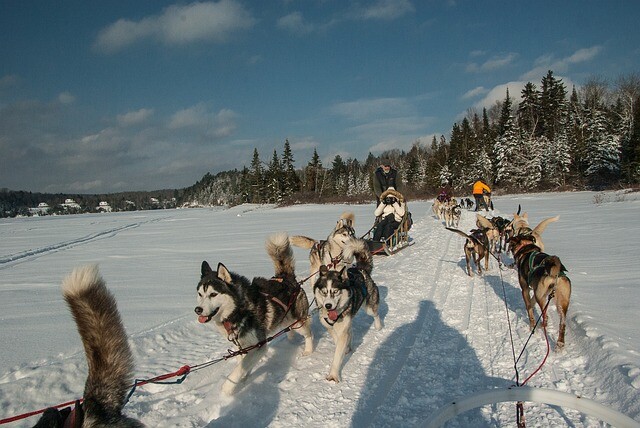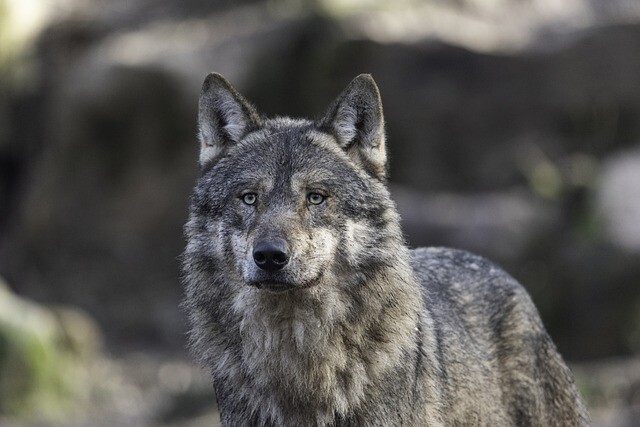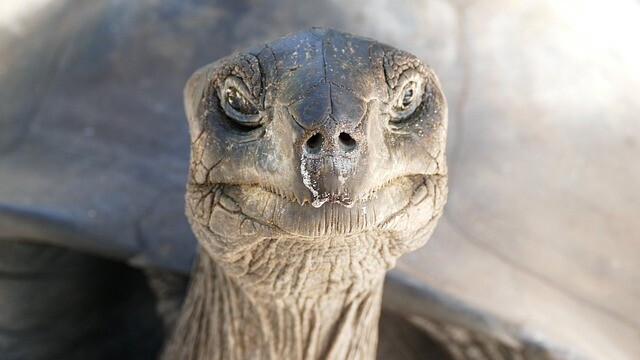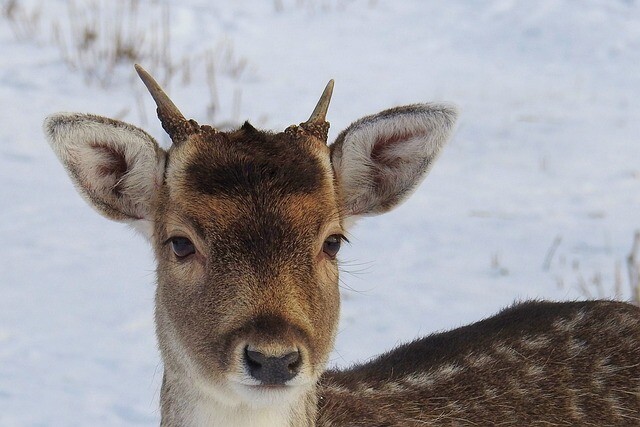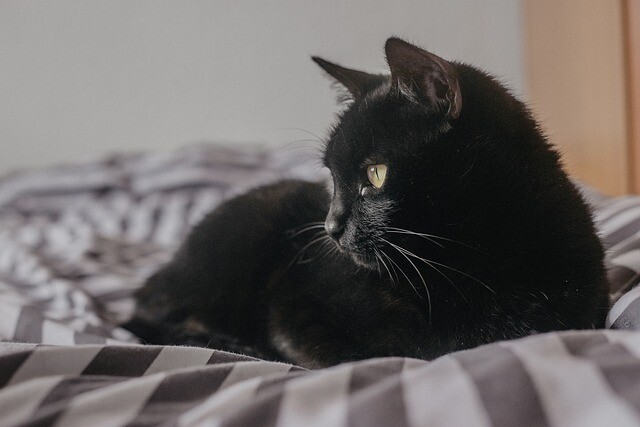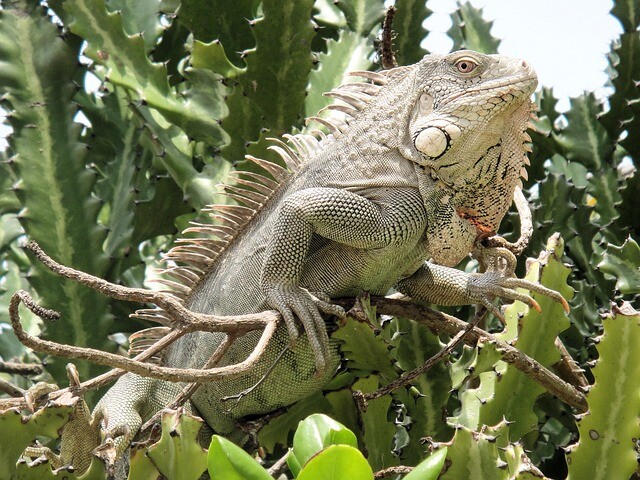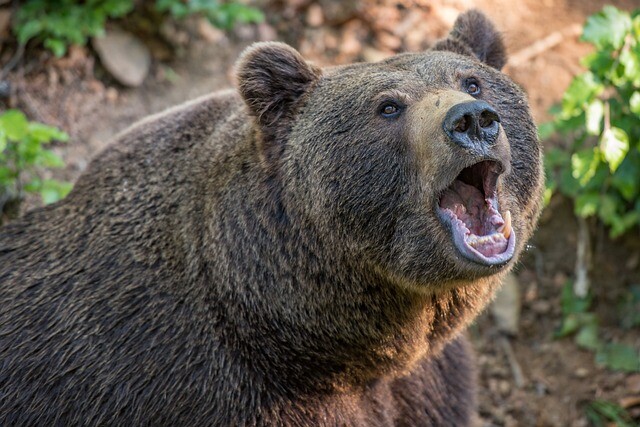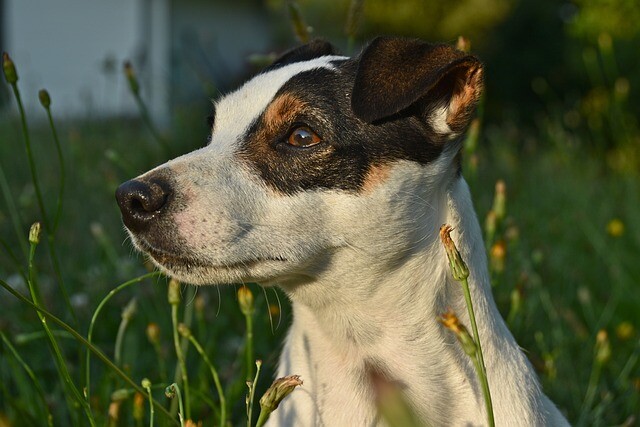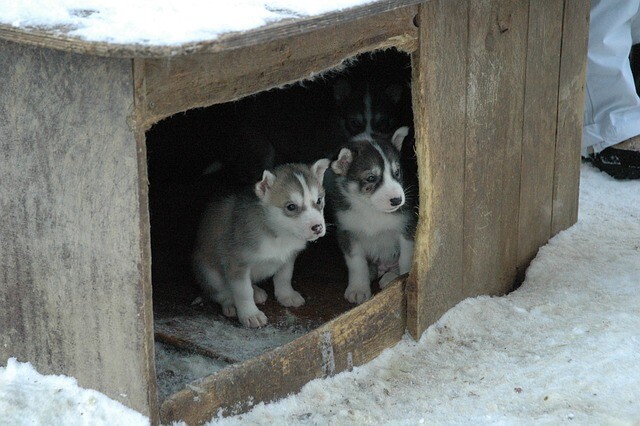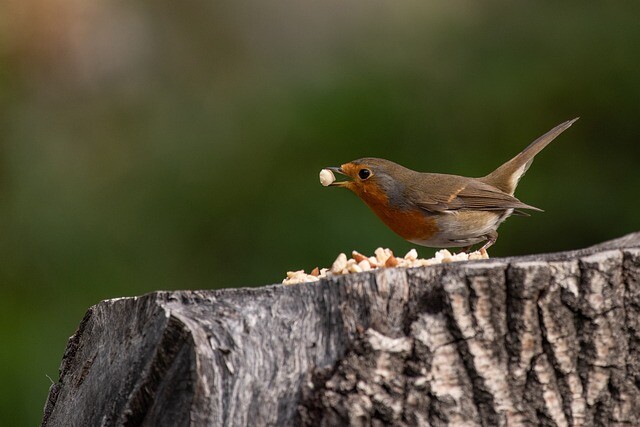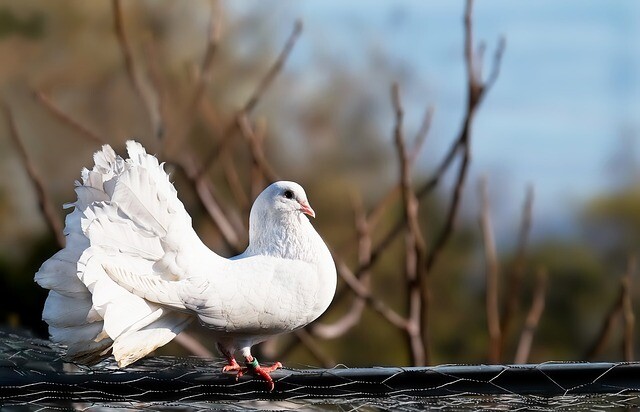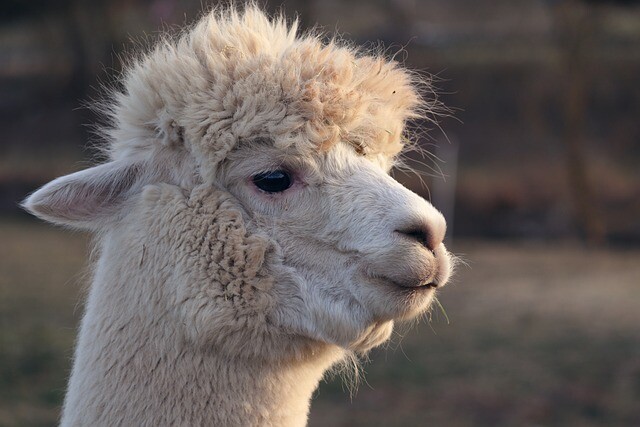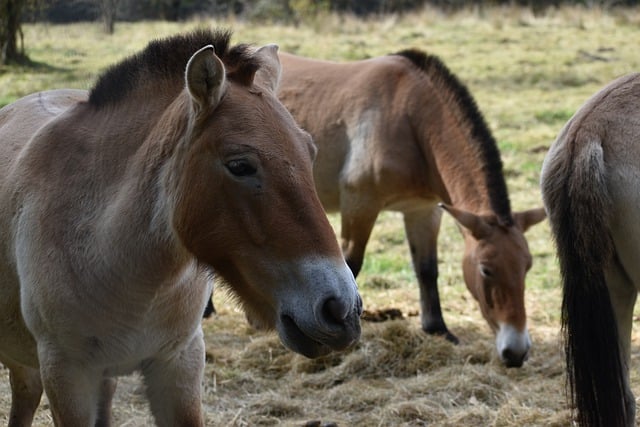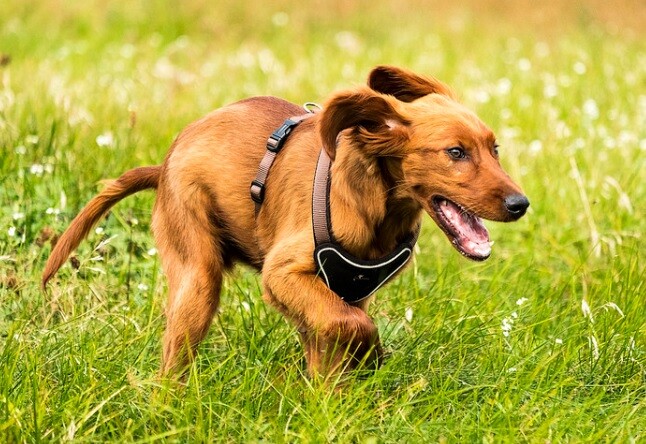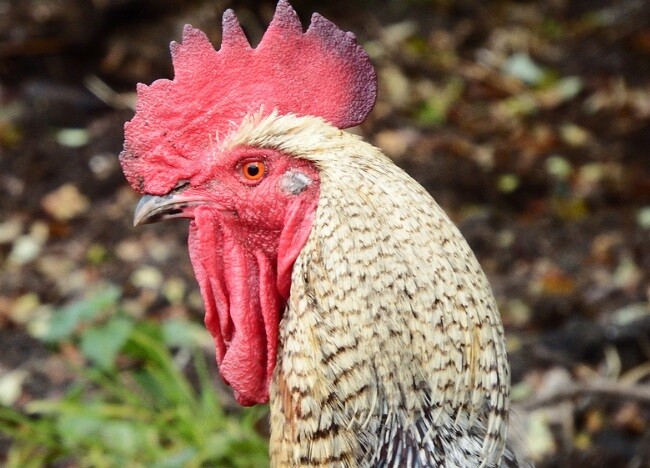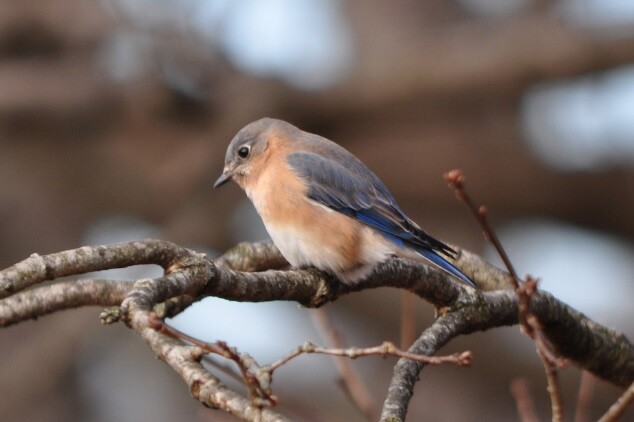Who gets how many neurons in the nest...
Birds are not very smart. Let's think about it and we even use the epithet hen-handed, which we don't use in a lofty sense for someone.
Not so long ago, we wrote about the fact that although we use the term chicken-handed for those who are not the smartest, chickens are not as stupid as we think. And if that's the case, we also know that there are smart birds. Such is the parrot that can imitate sounds and solve logical problems, not to mention the crow that uses tools. However, we also see that pigeons, for example, are not even able to build a strong nest, so their chicks are not safe either.
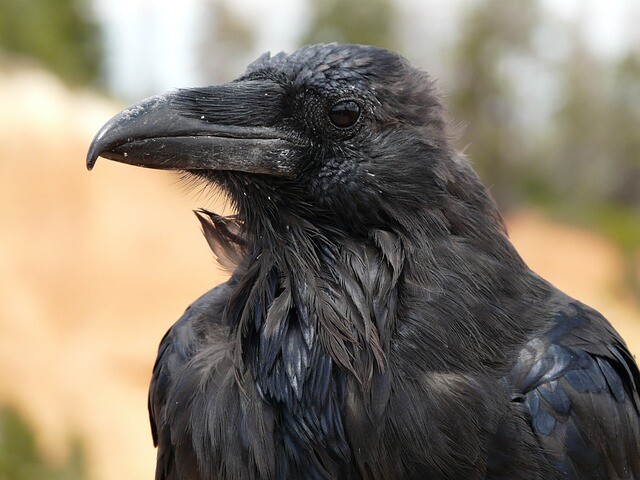
So the question arises: why are some birds smarter?
Researchers tried to answer this question. They tried to determine the number of neurons in the brain of different species. If the number of neurons in a certain area of the brain is higher, that bird species can be said to be smarter because it can learn. All of this is also possible because, in the case of certain species, the chicks stay in the safety of the nest for longer periods of time, which also helps brain development. And this extra time "ripens" the brain, meaning that the number of neurons will also increase.
For more interesting information, please visit our Facebook page!
(Source: otthonikedvenc.co.hu | Images: Pixabay)

